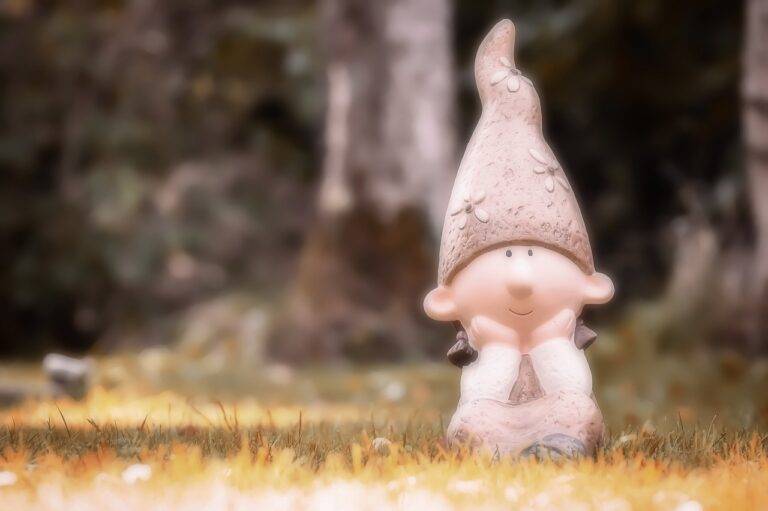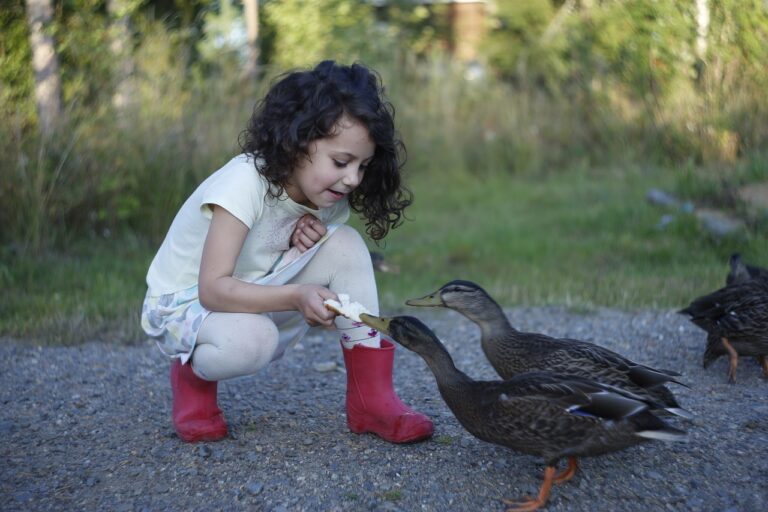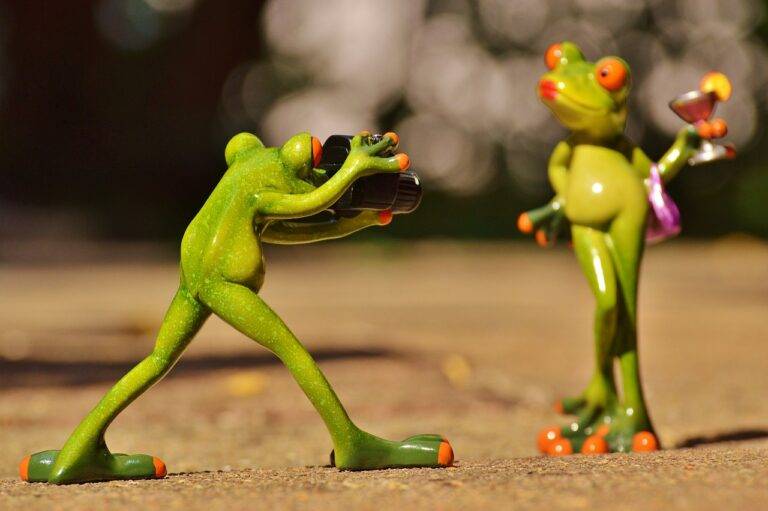Hollywood Diversity: Progress and Challenges in Representation
The lack of diversity within Hollywood has been a longstanding issue. For decades, the industry has been criticized for its failure to adequately represent the diverse tapestry of society. Minorities, including people of color, LGBTQ+ individuals, and those with disabilities, have often been marginalized and pigeonholed into stereotypical roles.
The historical lack of diversity in Hollywood is evident not only in front of the camera but also behind the scenes. Writers, directors, producers, and other key decision-makers have predominantly been white, contributing to a lack of authentic representation on screen. This imbalance has perpetuated harmful stereotypes and limited opportunities for underrepresented groups in the industry.
The Importance of Diverse Representation in Media
Diverse representation in media play a pivotal role in shaping societal perceptions and attitudes. When individuals from various backgrounds see themselves reflected in movies, TV shows, and other forms of entertainment, it fosters a sense of belonging and acceptance. Furthermore, diverse representation aids in breaking down stereotypes and misconceptions, promoting empathy and understanding among different communities.
Additionally, diverse voices in media contribute to a richer tapestry of storytelling. By showcasing a wide array of experiences and perspectives, media can offer audiences new insights and broaden their horizons. This not only enhances the quality of content but also creates opportunities for underrepresented groups to share their stories and be heard on a larger platform.
Progress in Hollywood’s Efforts for Diversity
Hollywood has shown promising steps towards embracing diversity in recent years. Many studios and filmmakers have made a conscious effort to cast a more diverse range of actors in lead roles, bringing a refreshing change to traditional on-screen representations. Audiences have increasingly demanded more inclusive storytelling that reflects the world’s rich tapestry of cultures and experiences.
Moreover, behind the camera, there has been a push for greater diversity in the hiring of directors, writers, and producers. This shift has led to the creation of groundbreaking projects that explore a wider range of perspectives and narratives. Hollywood’s evolving landscape reflects a growing awareness of the power and importance of diverse representation in shaping our collective cultural consciousness.
• Hollywood studios and filmmakers are making efforts to cast a more diverse range of actors in lead roles
• Audiences are demanding more inclusive storytelling that reflects a variety of cultures and experiences
• There is a push for greater diversity in hiring directors, writers, and producers behind the camera
• This shift has led to groundbreaking projects exploring a wider range of perspectives and narratives
Why has Hollywood historically lacked diversity?
Hollywood has historically lacked diversity due to systemic issues of racial bias, lack of representation in decision-making positions, and a focus on telling stories of a specific demographic.
Why is diverse representation in media important?
Diverse representation in media is important because it allows for more authentic storytelling, provides representation for underrepresented communities, and helps to challenge stereotypes and biases.
What progress has Hollywood made in its efforts for diversity?
Hollywood has made progress in its efforts for diversity by increasing representation of people of color, women, LGBTQ+ individuals, and other marginalized groups in film and television. There have also been initiatives to promote diversity both in front of and behind the camera.







